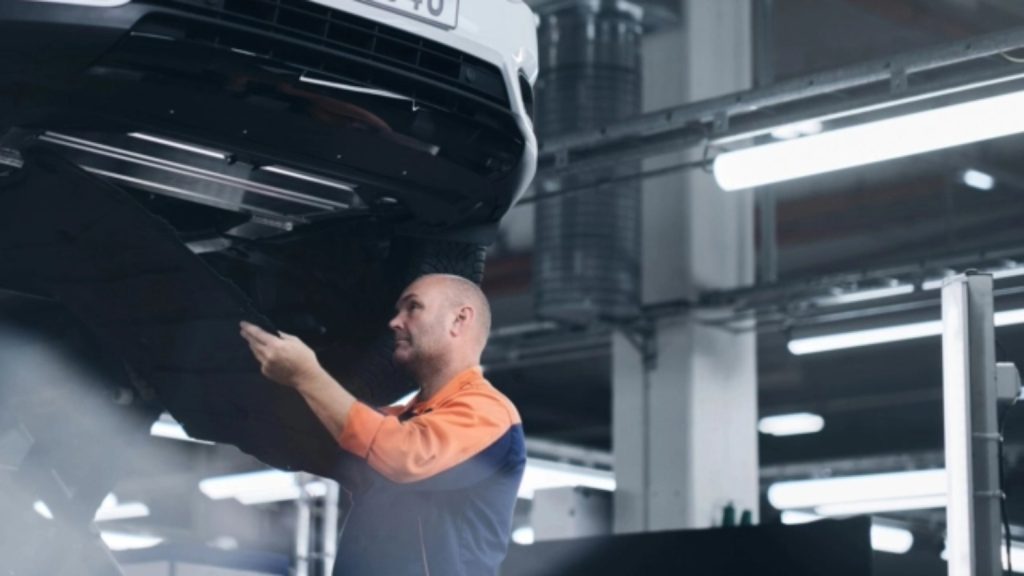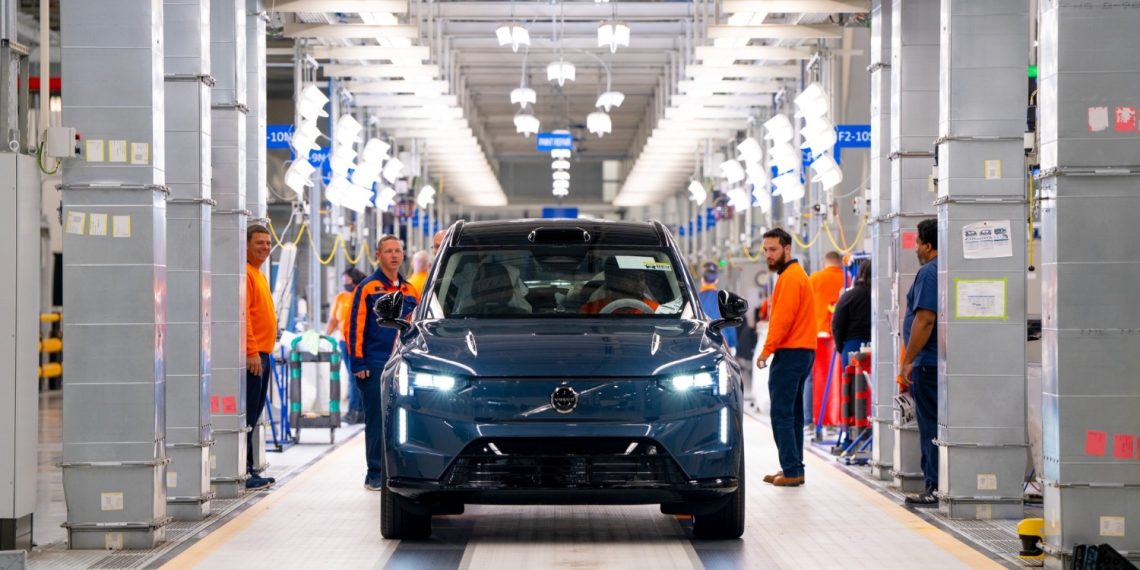The Volvo Cars Exchange System program, aimed at reusing Volvo parts, achieved a reduction of 5,000 tons in 2023, which includes 553 tons of raw materials (265 tons of steel and 145 tons of aluminum) and 4,508 tons in carbon dioxide emissions associated with the energy saved.

According to Volvo, by restoring genuine components, the brand is limiting its environmental impact not only in terms of energy consumed but also by saving on the raw materials used.
With the Volvo Cars Exchange System, each worn-out part undergoes meticulous restoration, returning to factory specifications – which allows savings of up to 85% in raw materials and 80% in energy compared to the production of new parts.
This process, which goes far beyond conventional recycling, ensures that Volvo vehicles benefit from parts that meet the same rigorous quality standards as the originals, a guarantee that extends to models up to 15 years old. Furthermore, it is a sustainable and reliable solution, where restored parts are updated with the latest specifications, potentially exceeding the initial performance.
Volvo Cars is taking this unique program even further by designing its parts with future disassembly in mind, collaborating with the Design department to simplify the future process and ensure that reuse is as effective as possible. This approach allows the program to continuously adapt to environmental and quality demands while contributing to the vision of a more sustainable and innovative automotive industry.










